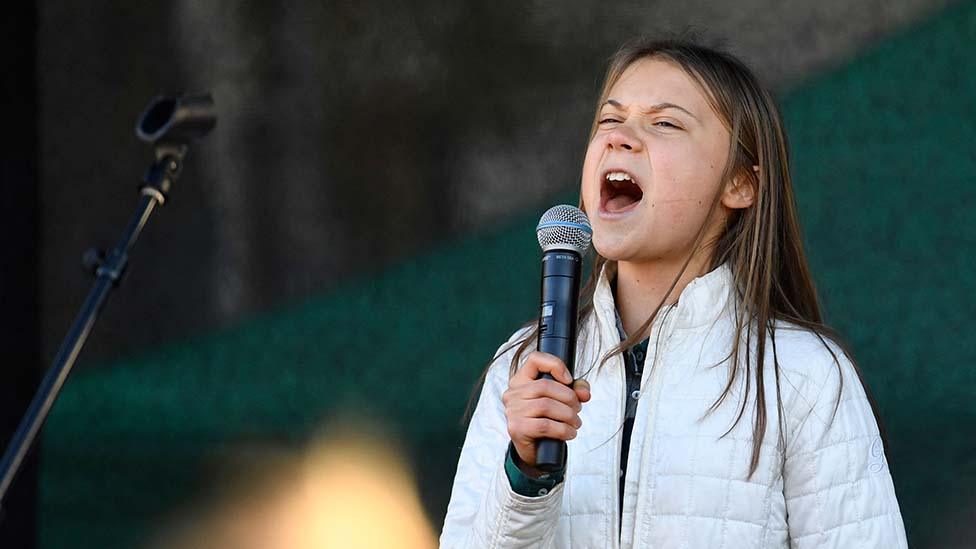Greta Thunberg: 'We need public pressure, not just summits'
- Published
Watch: Greta Thunberg says she's 'completely different' in private
Climate activist Greta Thunberg has told the BBC that summits will not lead to action on climate goals unless the public demand change too.
In a wide-ranging interview ahead of the COP26 climate summit, she said the public needed to "uproot the system".
"The change is going to come when people are demanding change. So we can't expect everything to happen at these conferences," she said.
She also accused politicians of coming up with excuses.
The COP26 climate summit is taking place in Scotland's largest city, Glasgow, from 31 October to 12 November.
It is the biggest climate change conference since landmark talks in Paris in 2015. Some 200 countries are being asked for their plans to cut greenhouse gas emissions, which cause global warming.
Ms Thunberg, who recently launched a global series of concerts highlighting climate change called Climate Live, external, confirmed she would be attending COP26. She said her message to world leaders was to "be honest".
"Be honest about where you are, how you have been failing, how you're still failing us... instead of trying to find solutions, real solutions that will actually lead somewhere, that would lead to a substantial change, fundamental change," she told the BBC's Rebecca Morelle.
"In my view, success would be that people finally start to realise the urgency of the situation and realise that we are facing an existential crisis, and that we are going to need big changes, that we're going to need to uproot the system, because that's where the change is going to come."

COP26 climate summit - The basics
Climate change is one of the world's most pressing problems. Governments must promise more ambitious cuts in warming gases if we are to prevent greater global temperature rises.
The summit in Glasgow is where change could happen. You need to watch for the promises made by the world's biggest polluters, like the US and China, and whether poorer countries are getting the support they need.
All our lives will change. Decisions made here could impact our jobs, how we heat our homes, what we eat and how we travel.

Ms Thunberg did not believe that UK plans to curb greenhouse gas emissions to reach a target of net zero by 2050 were sufficient, or that the UK was a climate leader.
"Unfortunately there are no climate leaders today, especially not in the so-called global north. But that doesn't mean that they can't suddenly decide that now we're going to take the process seriously," she said.
Speaking about the targets for reaching net zero - which means not adding to the amount of greenhouse gases in the atmosphere - she said that it was a "good start", but cautioned that it "doesn't really mean very much in practice" if people continued to look for loopholes.
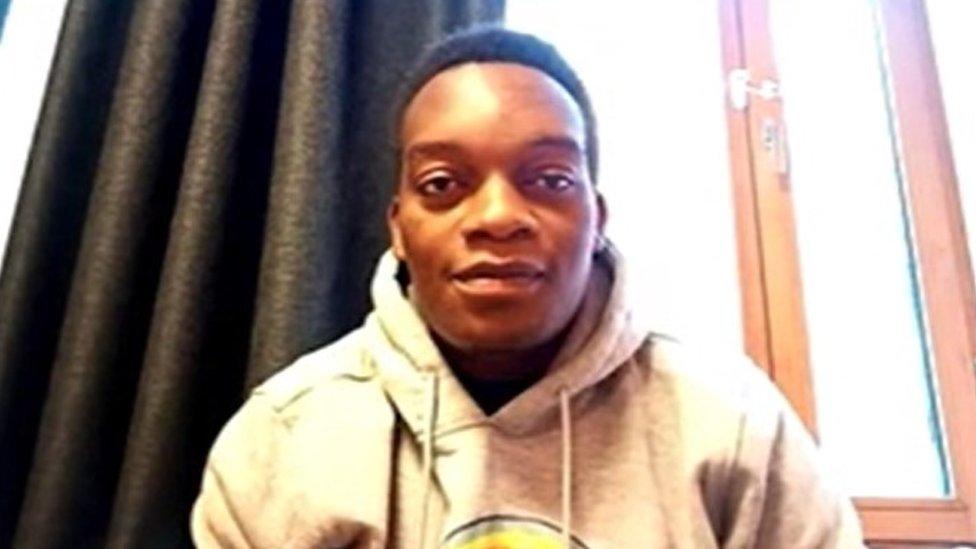
Kevin Mtai will be one of many activists attending COP26
COP26 will be attended by climate activists from across the world.
Kevin Mtai, a climate justice campaigner from Kenya, told the BBC that inclusivity at the summit was important.
"I hope this climate conference is going to be an inclusive conference, to include all voices in the talks. They need to use indigenous people in the talks, marginalised people in the talks, people from the most affected areas," he said.
"It's very important for people from the global south to speak for themselves, not other parts of the globe to speak on their behalf. Because we are the ones who have been affected by climate change, so it's very important we can hear from our own people, with our own ideas, our own voice."
From her home in Sweden, Ms Thunberg also spoke about her own role as a campaigner.
"I don't see myself as a climate celebrity, I see myself as a climate activist... I should be grateful because there are many, many people who don't have a platform and who are not being listened to, their voices are being oppressed and silenced.
"I'm a completely different person when I'm in private. I don't think people would recognise me in private. I'm not very serious in private. I appear very angry in the media, but I am silly in private."
When asked about why she sang a Rick Astley hit at the launch of Climate Live, she said that it was a climate movement in-joke. She has previously taken part in the internet phenomenon "rick-rolling" by tweeting out what she said was a link to a new speech, but actually linked to the music video for the song.
"Why not? I mean we have internal jokes within the climate movement, where we always rickroll each other."


Related topics
- Published28 September 2021
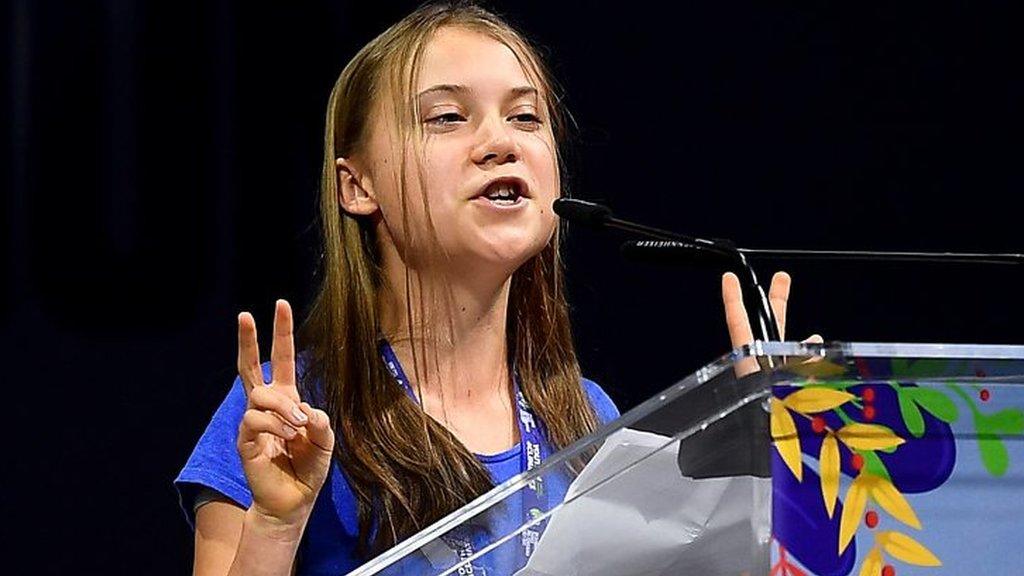
- Published11 November 2021
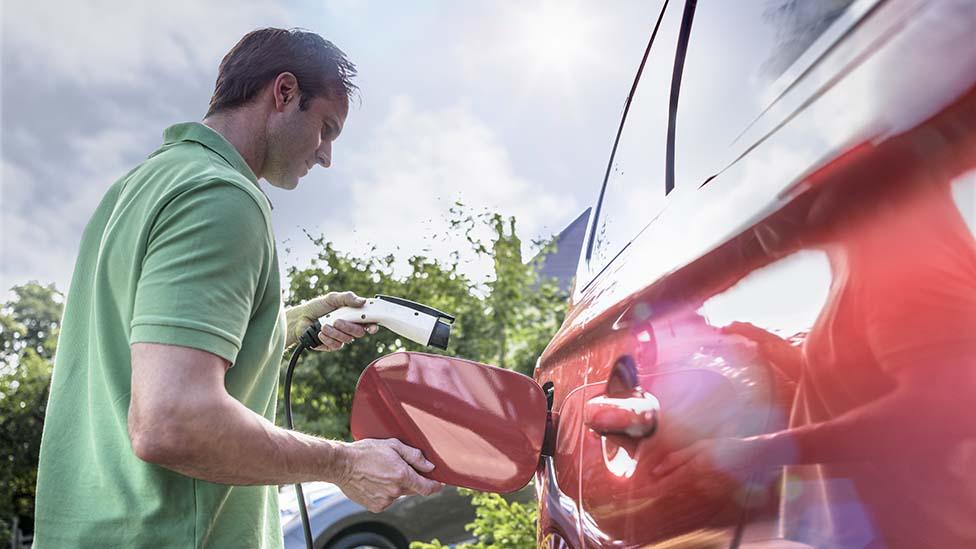
- Published21 October 2021
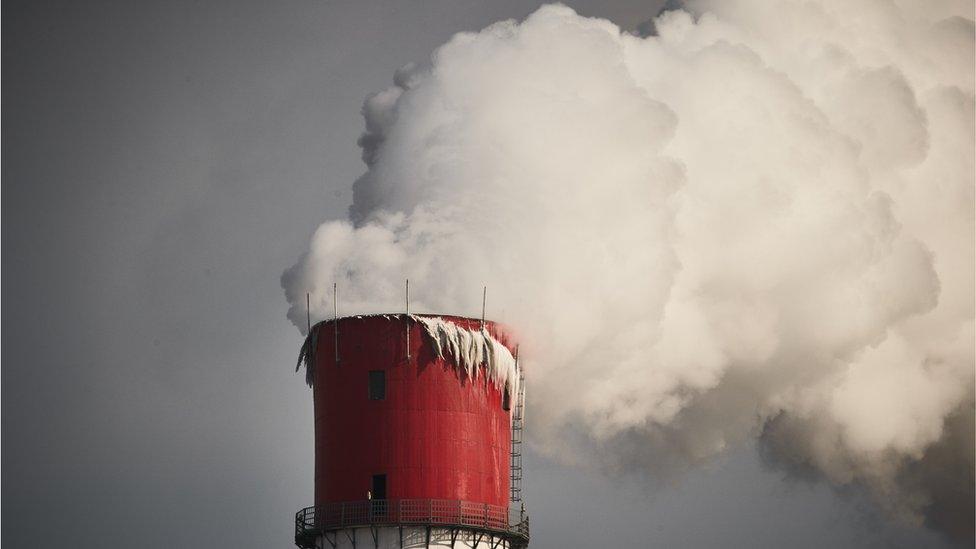
- Published9 May 2024
